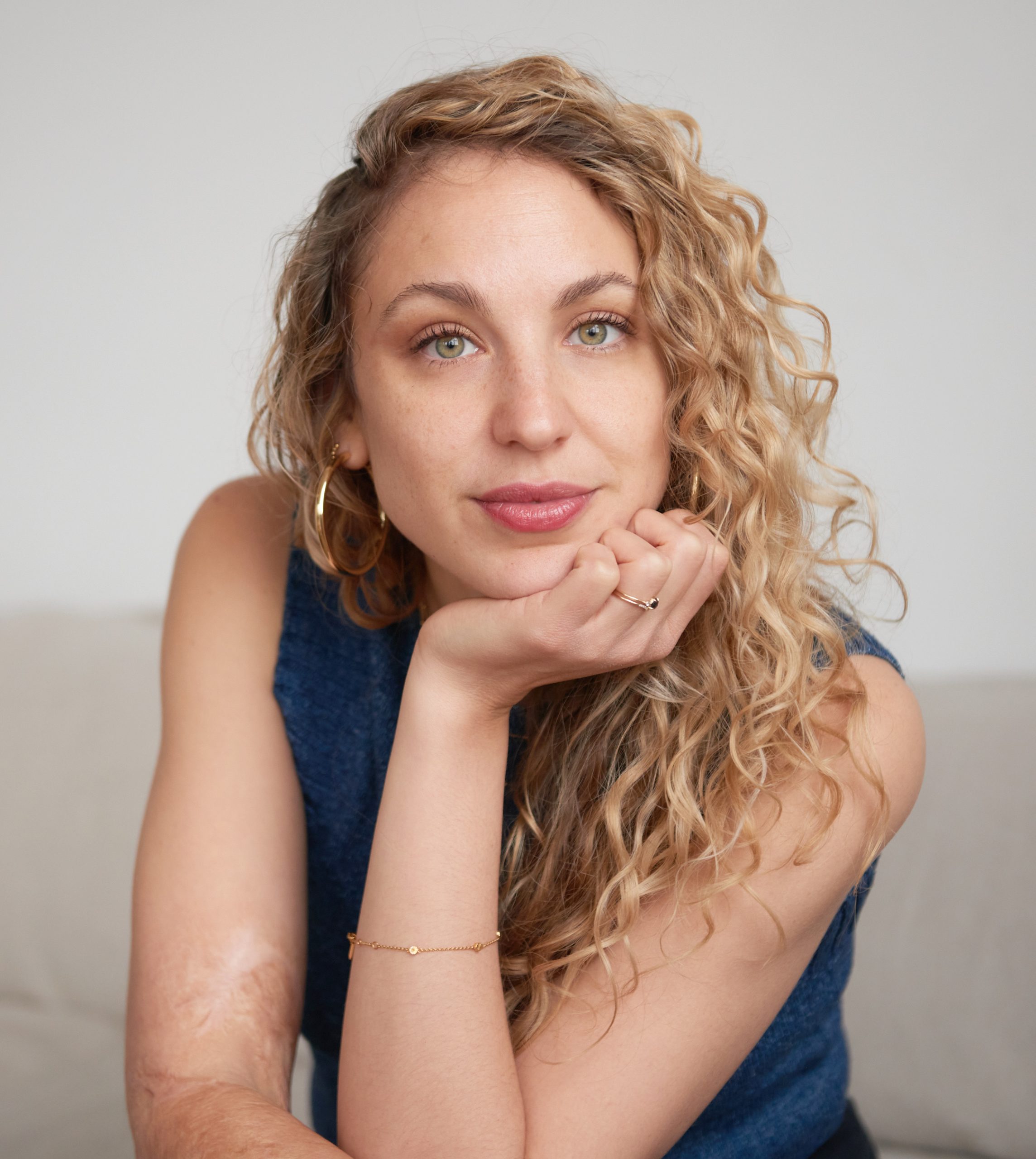 Towns across the country spent many months preparing to welcome Lafayette. In Cayuga County, Brigadier General Henry Brinkerhoff led a committee to prepare for Lafayette’s visit to Auburn. In a letter Bringerhoff wrote for the newspaper he requested all soldiers of the Revolution to participate in the welcoming reception writing; “Come forward then, and greet your long-departed friend: Come, and welcome him whom our nation delights to honour as her guest.” – Auburn Free Press May 25, 1852
Towns across the country spent many months preparing to welcome Lafayette. In Cayuga County, Brigadier General Henry Brinkerhoff led a committee to prepare for Lafayette’s visit to Auburn. In a letter Bringerhoff wrote for the newspaper he requested all soldiers of the Revolution to participate in the welcoming reception writing; “Come forward then, and greet your long-departed friend: Come, and welcome him whom our nation delights to honour as her guest.” – Auburn Free Press May 25, 1852
A committee met Lafayette at the Cayuga bridge on June 8, 1825 and he was formally welcomed by Enos T. Throop, a future governor of NY. In Auburn, close to 200 Masons and many Revolutionary War soldiers lined the streets to honor their guest.
Lafayette’s day in Auburn was described by Elliot Storke in “History of Cayuga County:”
“His reception in Auburn was very enthusiastic. Vast crowds from the village, the county and the adjoining counties, came to greet him. He was met at Cayuga by a reception committee in carriages, and an escort of cavalry and mounted citizens. He rode in a barouche drawn by six beautiful chestnut horses, supplied for the occasion by the Sherwoods, who were then the great stage proprietors of this route. An imposing display of military companies, Revolutionary soldiers and Free Masons lined the road in front of Fort Hill, across which an evergreen arch was thrown, bearing the words ‘Hail Patriot, Statesman, Hero, Sage, Hail Freedom’s Chief, Hail Gallia’s son. Whose laurels greener grow with age, won by the side of Washington.’ On passing the arch a salute of artillery was fired from the hill above them, the bells of the village pealed their welcome, and deafening cheers were given by the thousands that lined the wayside. It was a bright and beautiful day in June, and everything conspired to give eclat to the imposing event. It is related that on reaching the Western Exchange, the general recognized in the crowd an old soldier who had served under him and rushing to him, he threw his arms about him and heartily kissed him to the great amusement of the crowd.
He was received by Col. John W. Hulbert in an elegant and patriotic speech to which the general made a graceful and fitting response. Introductions and greetings followed, succeeded by a repast, served in a shaded field in the rear of the hotel. Toasts were drunk from the wine cups, and, as was the usual practice of the times, accompanied by volleys of artillery and martial music. A ball followed in the evening which was visited by the marquis, from which at 10 o’clock, he departed in a carriage for Syracuse, escorted as far as Elbridge by a committee of citizens.”






















